Inflammation is the body’s natural response to heal damaged tissue or fight off infections. But when it persists, it actually damages tissues and increases the risk of heart disease, arthritis, and type 2 diabetes. The good news is that adding anti-inflammatory foods to your diet helps counteract these issues and then some.
Scientists measure the impact of various foods on inflammation using the Dietary Inflammatory Index (DII). Foods with a low DII score have greater anti-inflammatory effects than those with a higher score.
In this article, we look at seven anti-inflammatory foods with notably low DII scores. We’ve prioritized foods that you can eat as everyday options without breaking the bank.
1. Mushrooms and Their Anti-Inflammatory Benefits
Mushrooms are among the most researched anti-inflammatory foods due to their unique bioactive compounds. They contain beta-glucans, polysaccharides, and antioxidants that keep your immune system in check by regulating activity. Make eating mushrooms a daily habit because they also lower C-reactive protein (CRP), a blood marker linked to inflammation.

You can add mushrooms to eggs, soups, or stir-fries. They blend well with other flavors, making it easy to build a low-inflammatory diet. As an added benefit, mushrooms are a great source of protein and low in calories, making them an ideal choice for weight loss.
2. Green Tea and Lower Inflammation
Green tea falls into the category of underrated anti-inflammatory foods, specifically in this case, a drink. It’s known for its high content of polyphenols and catechins. These natural antioxidants reduce oxidative stress and limit the body’s inflammatory response. In fact, regular green tea drinkers tend to have lower levels of C-reactive protein (CRP), which is directly linked to chronic inflammation.

Drinking one or two cups of green tea daily is sufficient to support a steady metabolism and improve muscle growth after exercise. If you’re drinking one too many sugary drinks, green tea serves as an excellent alternative with a little less kick but a lot more nutrition.
3. Tart Cherries and Recovery Support
Tart cherries are bright, flavorful, and surprisingly powerful anti-inflammatory foods. They contain anthocyanins, natural compounds that help reduce muscle soreness and inflammation after intense physical activity. Additionally, tart cherries are also consumed because they’re known to improve sleep quality, too!
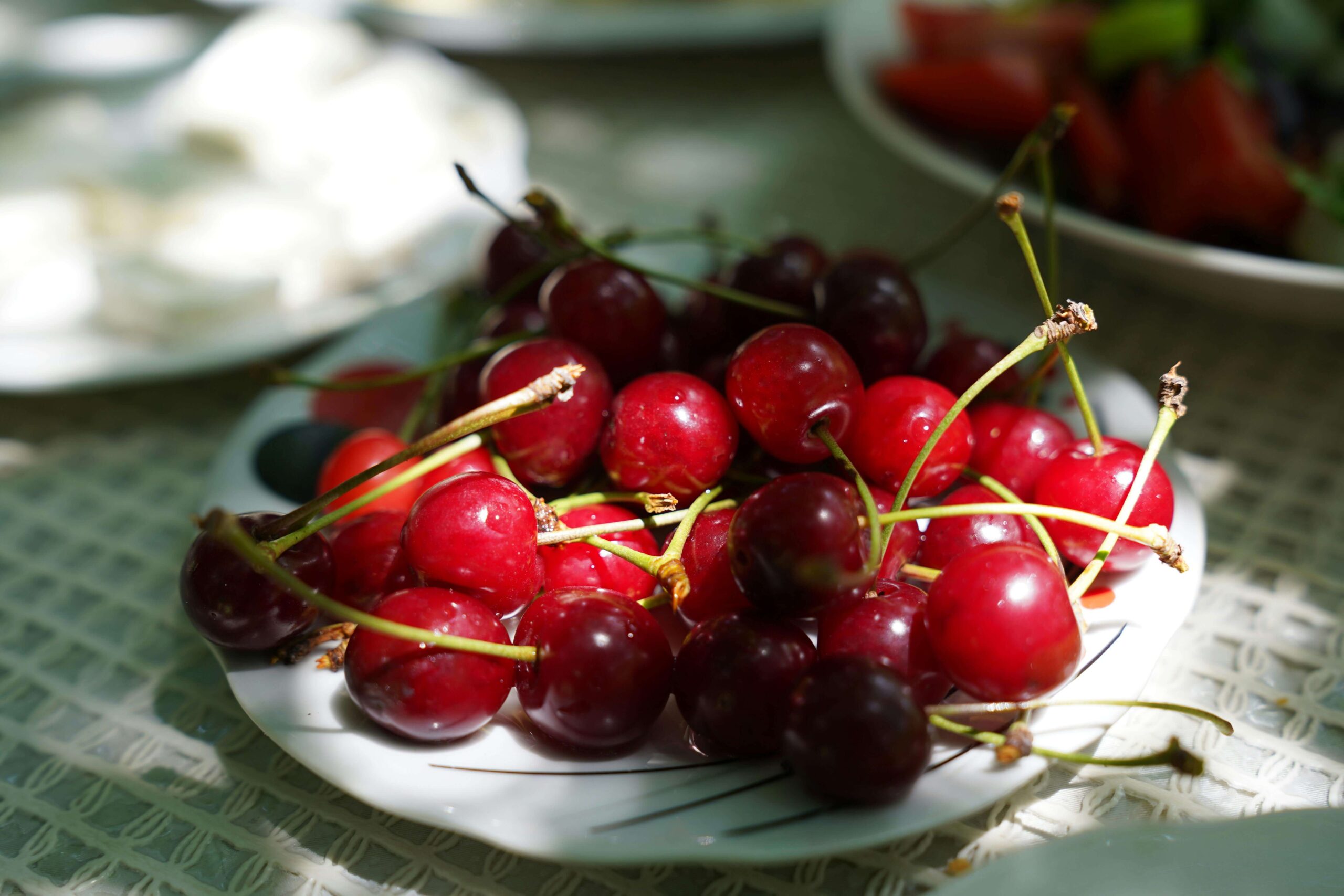
You can enjoy tart cherries fresh, frozen, or as unsweetened juice. They make a great post-workout snack or addition to smoothies. Adding tart cherries to your daily diet is sure to improve recovery times and maintain a lower level of chronic inflammation.
4. Fatty Fish and Omega-3 Protection
Fatty fish like salmon, sardines, and mackerel are already well-regarded anti-inflammatory foods, and for good reason. These fish are rich in omega-3 fatty acids, which help produce compounds that counter inflammation and improve heart health. People who eat fatty fish regularly tend to have lower levels of C-reactive protein (CRP).
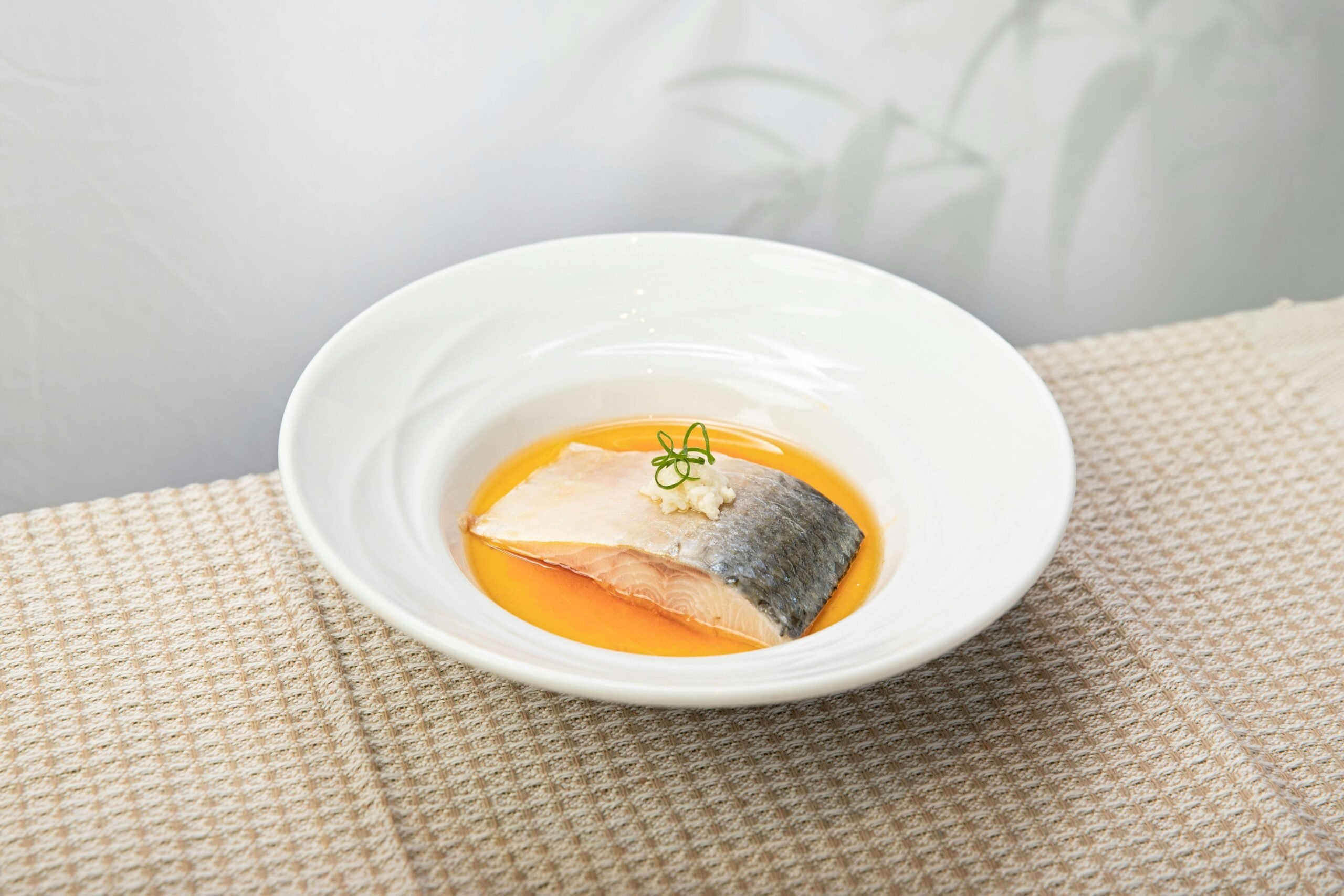
But you don’t need to eat fatty fish every day to reap the many benefits they provide. Including fish two or three times a week can make a noticeable difference in overall health. Grilling or baking them instead of frying helps preserve the omega-3s that make these fish so effective at lowering inflammation. Remember to eat smarter and not go overboard!
5. Black Cumin Seeds for Inflammation Control
Black cumin seeds, also known as Nigella sativa, have been utilized for centuries due to their therapeutic properties. In the present, they are just as potent anti-inflammatory foods due to thymoquinone, which helps calm the body’s inflammatory response. Regular use of these seeds helps lower oxidative stress and mitigate the adverse effects of inflammation.
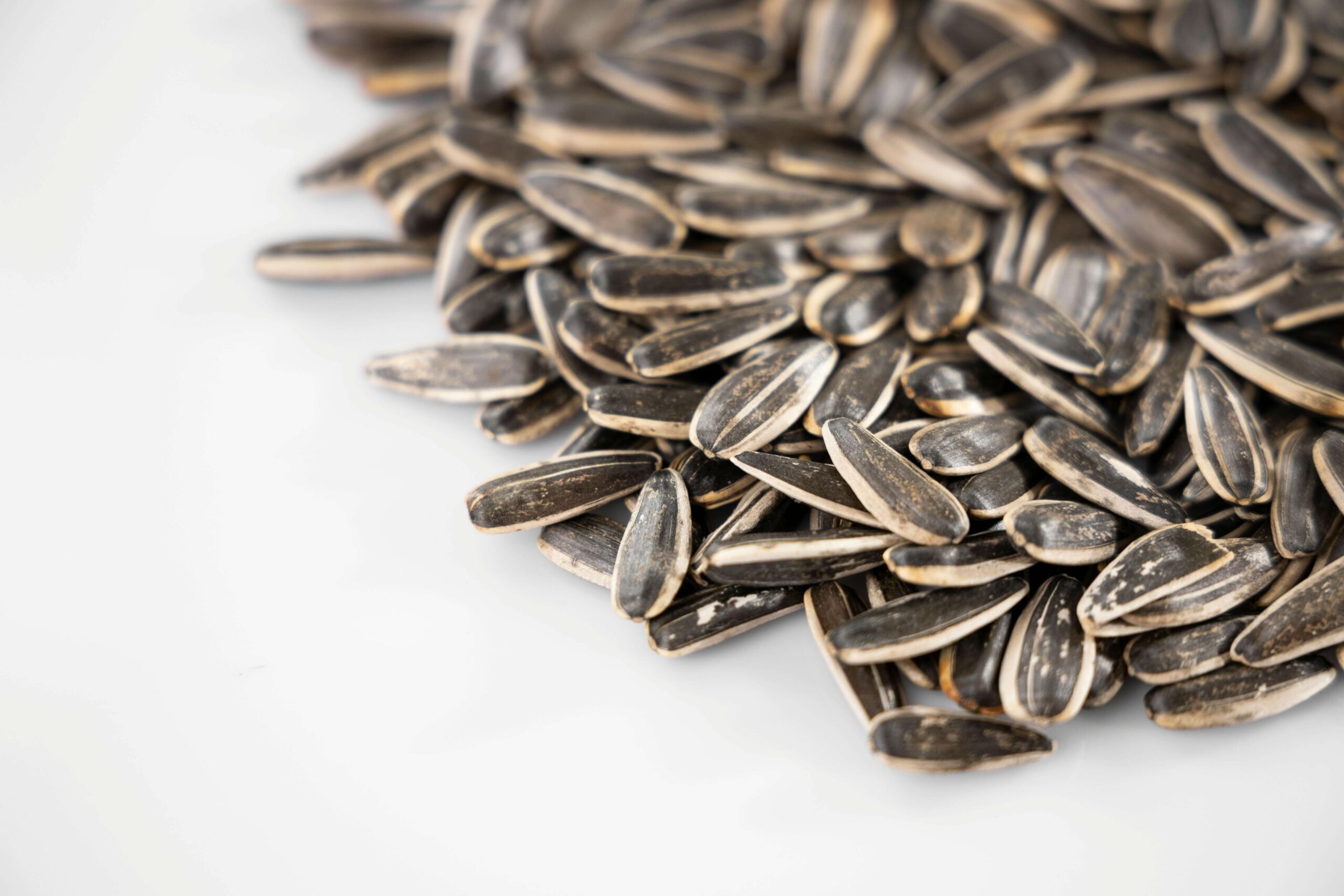
You can sprinkle ground black cumin seeds on yogurt, salads, or warm dishes for a subtle earthy flavor. Consuming even a small amount every day is enough to make your diet naturally more anti-inflammatory.
6. Oats and Reduced Inflammatory Response
Oats are gentle on the body and one of the most reliable anti-inflammatory foods to include in daily meals. They contain beta-glucan, a type of soluble fiber that helps regulate cholesterol and lower inflammation. Similar to some of the other foods on this list, oats reduce C-reactive protein (CRP) levels, an indication of inflammation.
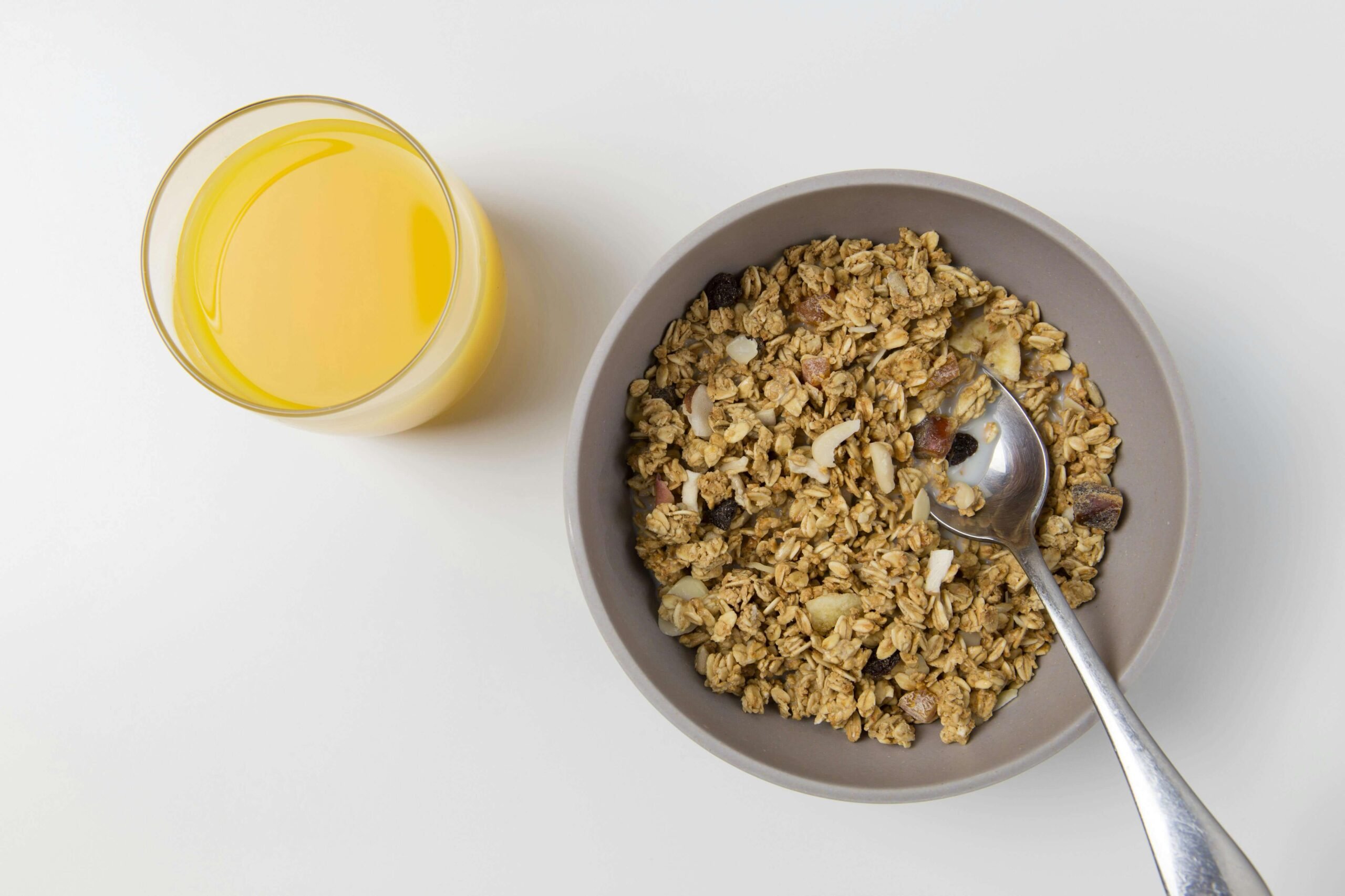
A warm bowl of oats, especially when topped with fruits or nuts, keeps you energized for the whole day. They also help stabilize blood sugar levels. To see a clear improvement in physical health, consider replacing refined cereals or bread with oats.
7. Lentils as Everyday Anti-Inflammatory Foods
Lentils are simple, affordable, and one of the most effective anti-inflammatory foods. They have a low DII score because they’re rich in fiber, plant protein, and minerals. Apart from lowering inflammation, Lentils are also great at managing blood sugar levels and improving gut health.
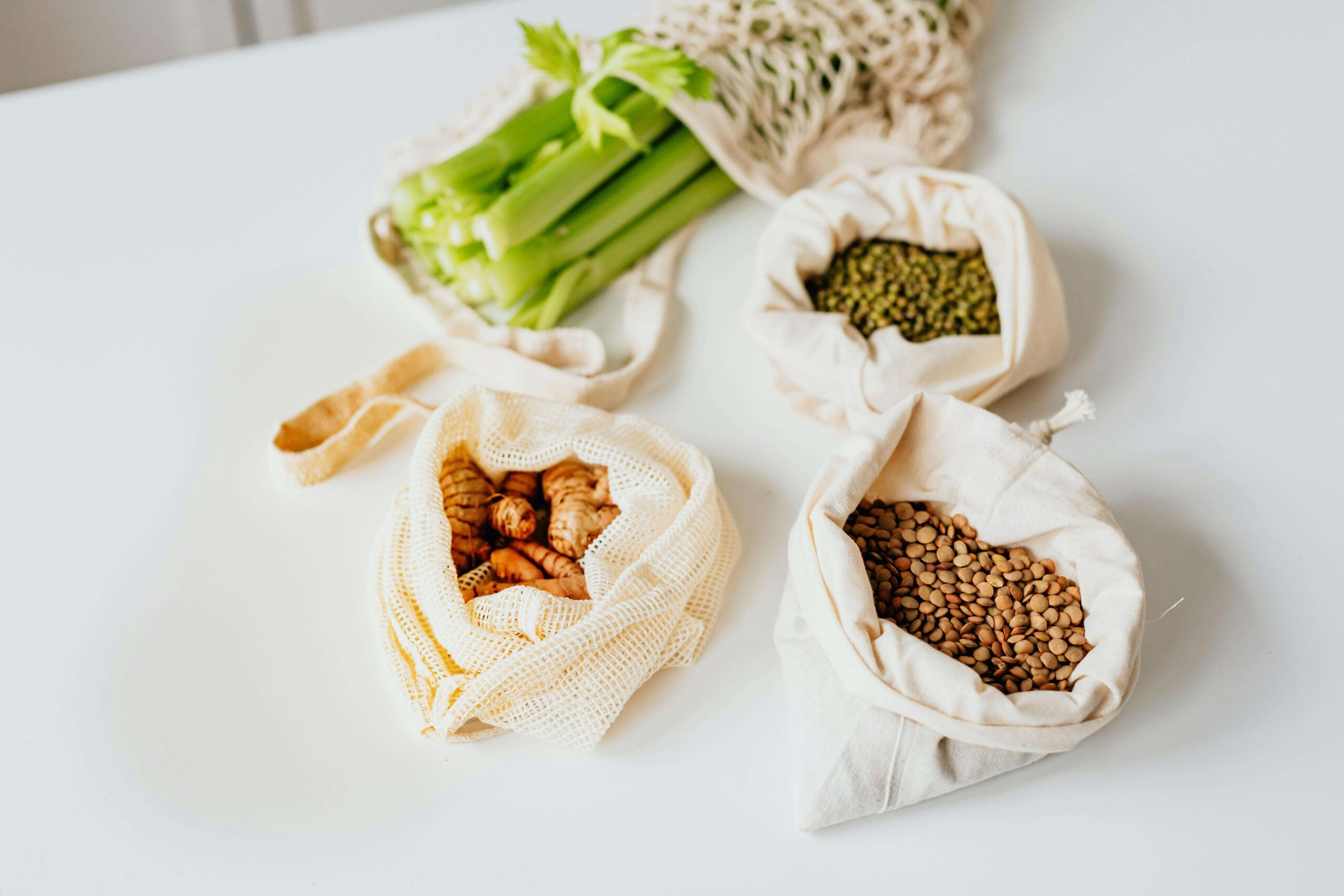
Lentils work best when added to foods you already eat regularly. You can include lentils in soups, curries, or salads. They can also be used as a plant-based meat alternative in burgers, tacos, or pasta.
Final Thoughts
Adding just a few anti-inflammatory foods to your diet can offset the negative effects of inflammation and improve long-term health. The seven options above, ranging from mushrooms to tart cherries, lower inflammation based on research and their low DII scores.
Rather than focusing on restriction, try adding these foods to your regular meals. The odds are that you won’t just be countering inflammation, but also improving your health in numerous ways.









